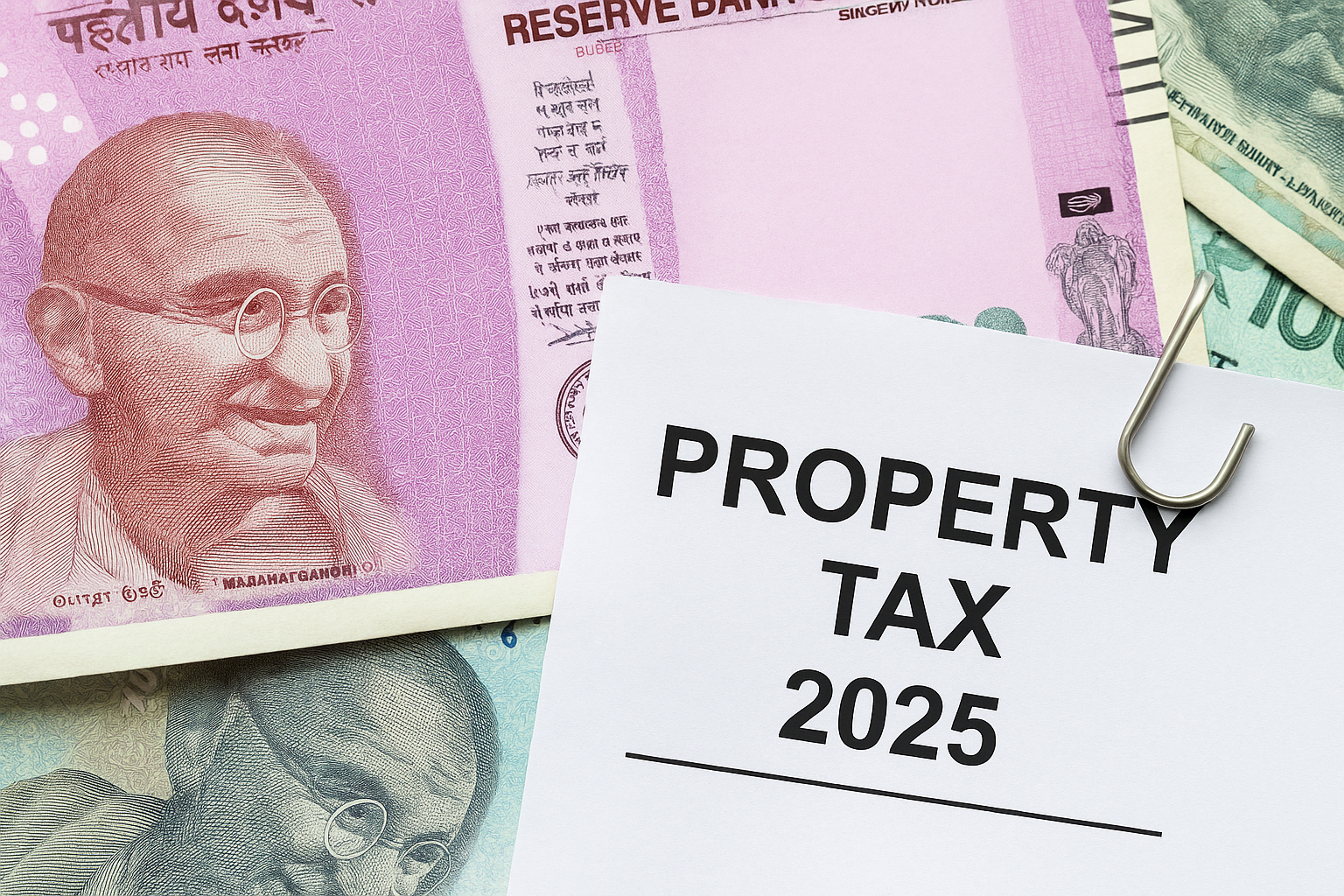Nagpur Civic Body Grapples with ₹938 Crore in Property Tax Arrears
Imagine running a city but not being paid for years of work. That’s essentially what the Nagpur Municipal Corporation (NMC) is facing right now. The city’s civic body is staring at a jaw-dropping ₹938 crore worth of unpaid property taxes, a major financial hurdle that could seriously affect public services and infrastructure projects in 2025 and beyond.
So, what’s really going on in Maharashtra’s third-largest city? Let’s break it down.
What Are Property Tax Arrears and Why Should You Care?
First off, let’s understand what property tax arrears even mean. Property tax is a fee that homeowners and property owners pay every year to their municipal corporation. This money helps fund services we often take for granted, like:
- Garbage collection
- Road repair and maintenance
- Water supply
- Street lights
- Public health and sanitation
When people don’t pay these taxes, the civic body loses revenue. Over time, these unpaid dues add up—just like unpaid credit cards—but on a much larger scale.
How Big Is the Problem in Nagpur?
To put it in perspective, ₹938 crore is nearly the entire annual budget for a small city. Nagpur’s civic body has not been able to collect these dues for years, and there’s no quick solution in sight. Various reasons have contributed to this growing mountain of unpaid taxes:
- Inaccurate or outdated property records
- Poor enforcement of tax collection laws
- Lack of staff and resources to track down defaulters
- Public resistance and legal hurdles
Even though NMC has been trying to recover these taxes, the results so far have been underwhelming.
Who’s Not Paying Up?
It’s not just a handful of people skipping their tax payments. The defaulters include many types of property owners:
- Residential buildings – Individual homeowners and apartments
- Commercial properties – Shops, hotels, restaurants, and offices
- Government departments – Yes, even government-owned properties owe taxes
- Big real estate firms – Some developers continue to dodge payments over land and construction projects
In a surprising twist, nearly 92 government-run buildings, including central and state offices, are among the arrears list. It’s a bit like a parent telling their child to clean their room while theirs is messier. The civic body is supposed to enforce tax laws, but when key institutions themselves are not paying, it becomes a tough sell.
What Is the Nagpur Municipal Corporation Doing About It?
The NMC isn’t just sitting back and watching its finances crumble. Officials have launched various drives to improve tax collection. For instance, they’ve committed to conducting online auctions of properties belonging to repeat offenders.
This means that if someone hasn’t paid taxes despite multiple reminders and notices, the civic body can seize their property and sell it to recover dues. Sounds strict? Maybe. But in their defense, NMC needs money to keep the city running.
Additional steps being taken include:
- Forming special squads dedicated to recovering dues
- Updating property records to prevent under-assessment
- Offering rebates and benefits to those who pay early or in full
These initiatives are a mix of carrot and stick—reward the good payers and penalize chronic defaulters.
Could This Affect Citizens Like You?
If you live in Nagpur or own property there, the answer is: absolutely. When funds dry up, so do public services. You might start noticing:
- Slower road repairs and water pipeline projects
- Delays in garbage pickup or street cleaning
- Poor maintenance of public parks and facilities
In the long run, the quality of life dips—and that affects everyone, especially middle and lower-income groups who rely heavily on public infrastructure.
Is There Any Way Out of This Financial Crunch?
The NMC is counting on a mix of policy changes, technology upgrades, and public cooperation to solve this issue. Here are a few practical solutions being explored:
- Using GIS Mapping: Geographical Information System (GIS) can help identify and track taxable properties in real-time.
- Digitized Records: Creating a transparent, online database of property ownership and payment status.
- Penalty Waivers and Discounts: Giving people a chance to clear old dues by waiving penalties temporarily.
- Public awareness campaigns: Educating citizens on how their tax contributions directly benefit everyday life.
These solutions are not overnight fixes but could pave the way toward long-term financial health.
What Can You Do as a Citizen?
While the government plays its part, citizens can also step up. Wondering how? Here’s how you can help:
- Pay your property taxes on time – It’s the easiest way to support your city.
- Encourage your neighbors and landlords to do the same.
- Report tax evasions or unregistered properties if you know any.
- Participate in town hall meetings and voice your concerns and suggestions.
Think of it like this: paying property tax is like investing in your own neighborhood’s well-being. Better roads, cleaner streets, and safer environments all start with each of us doing our bit.
Final Thoughts: Are We at a Turning Point?
Nagpur’s ₹938 crore property tax arrears is more than just a budget issue—it’s a glaring sign that local governance and civic responsibility need to work hand-in-hand. If left unchecked, the problem could spiral, putting the city’s development projects on hold and increasing the daily struggles of its residents.
However, with proactive steps from the NMC and cooperation from the public, there’s still a chance to turn this around. After all, a city thrives when its citizens do their part—not just in building skyscrapers, but in paying their fair share to maintain them.
Let this be a wake-up call, not just for Nagpur but for every growing city in India. Because when it comes to community growth, every rupee counts.
Have you paid your property tax this year?




